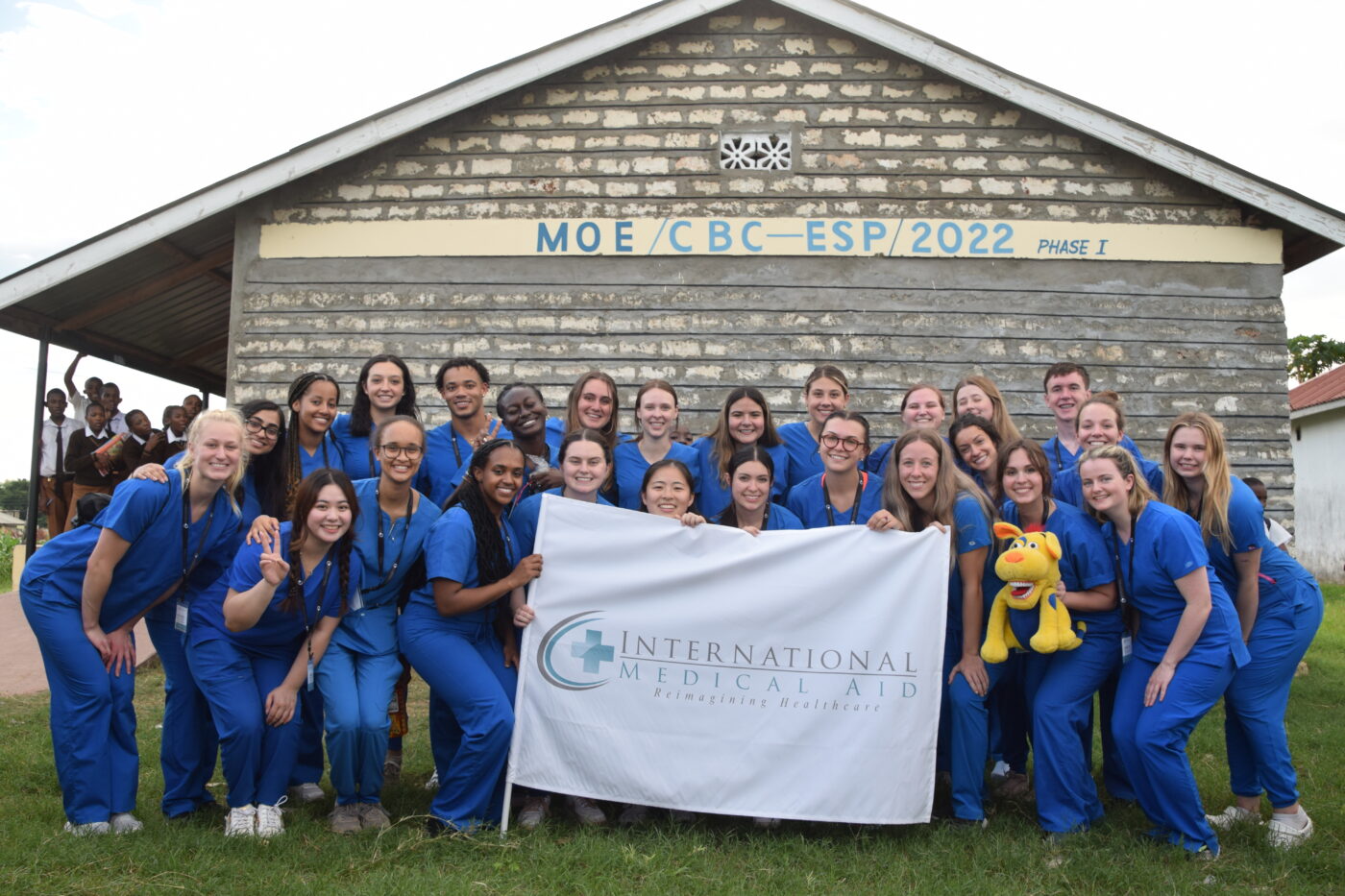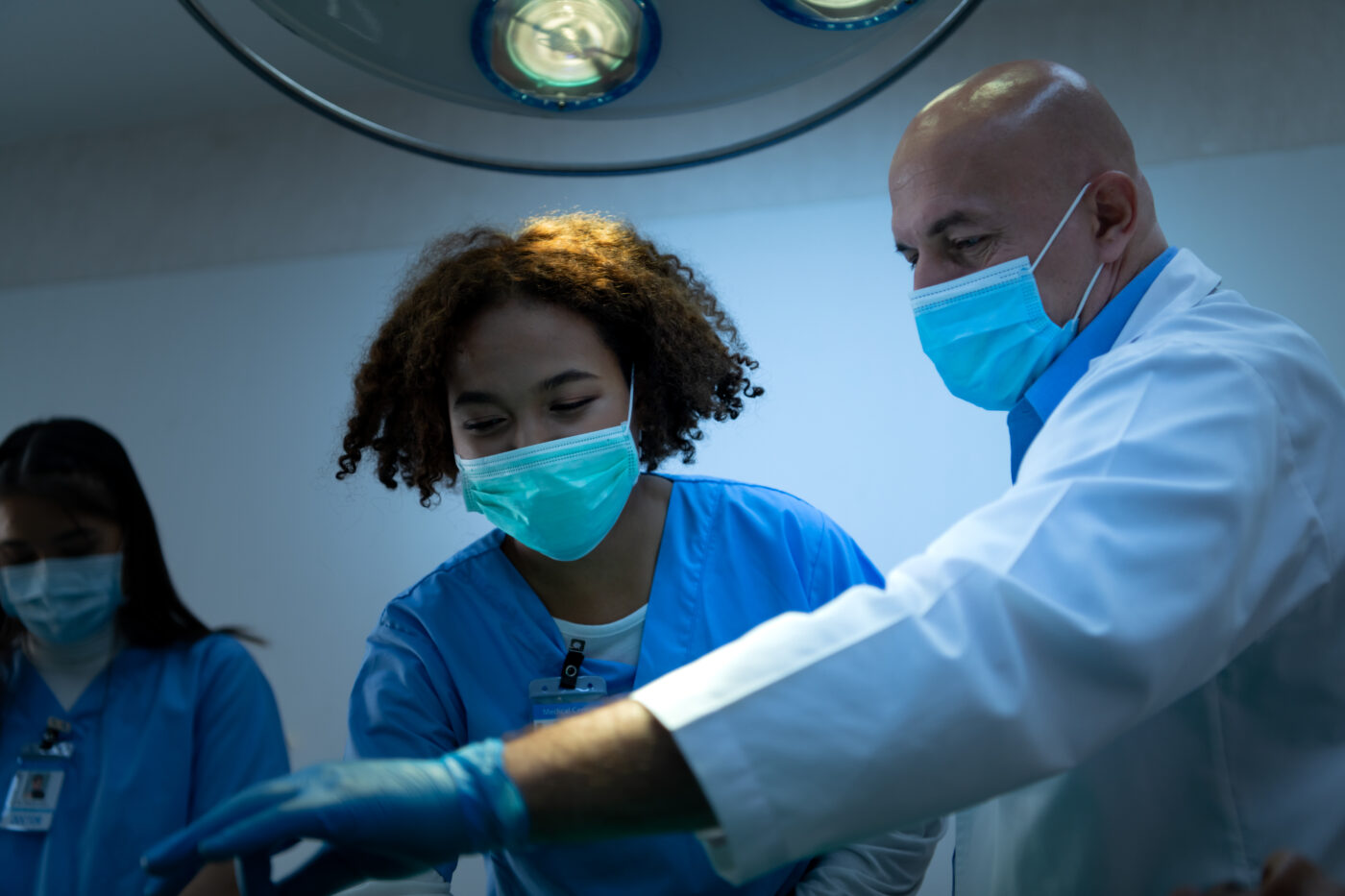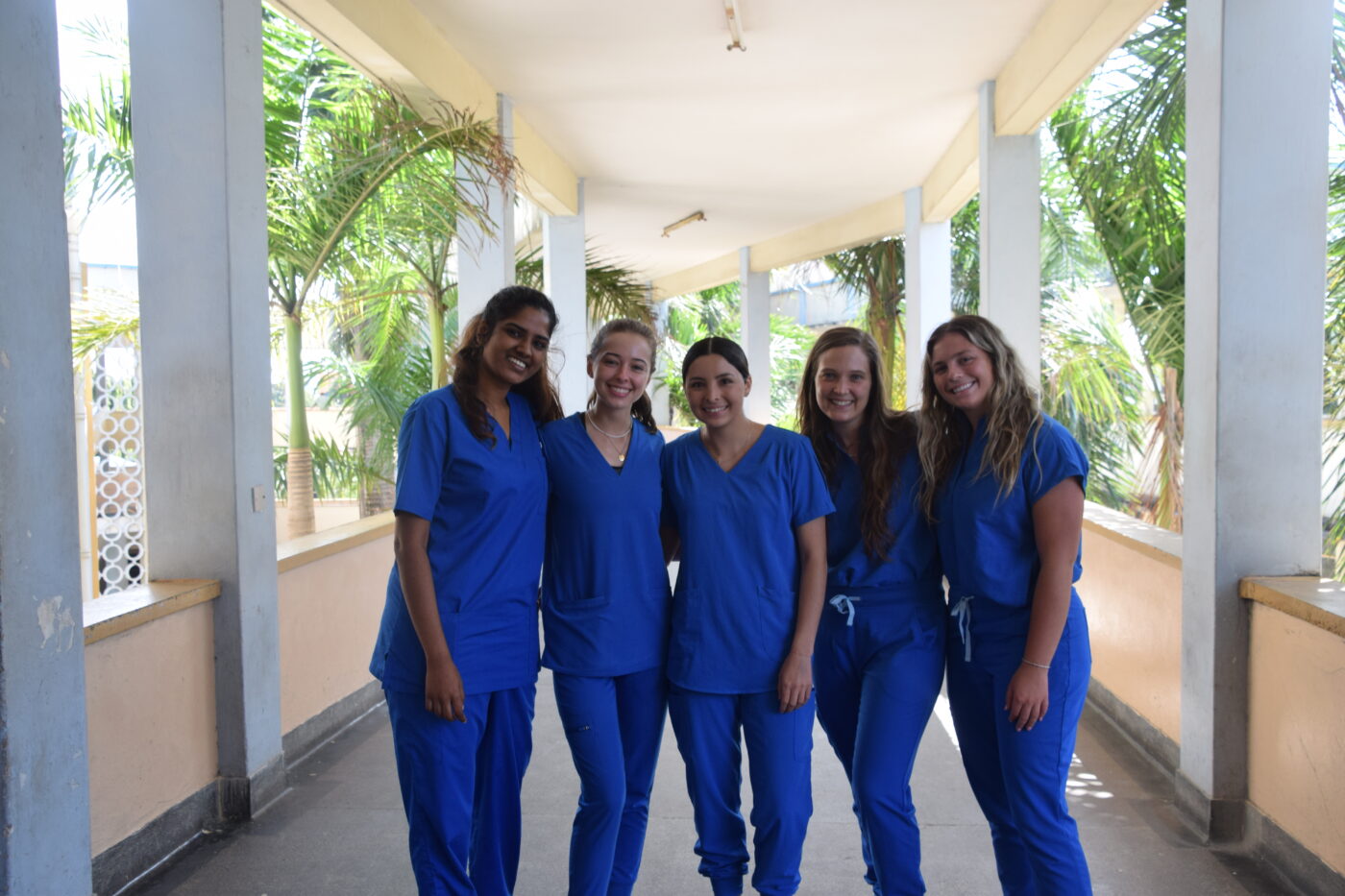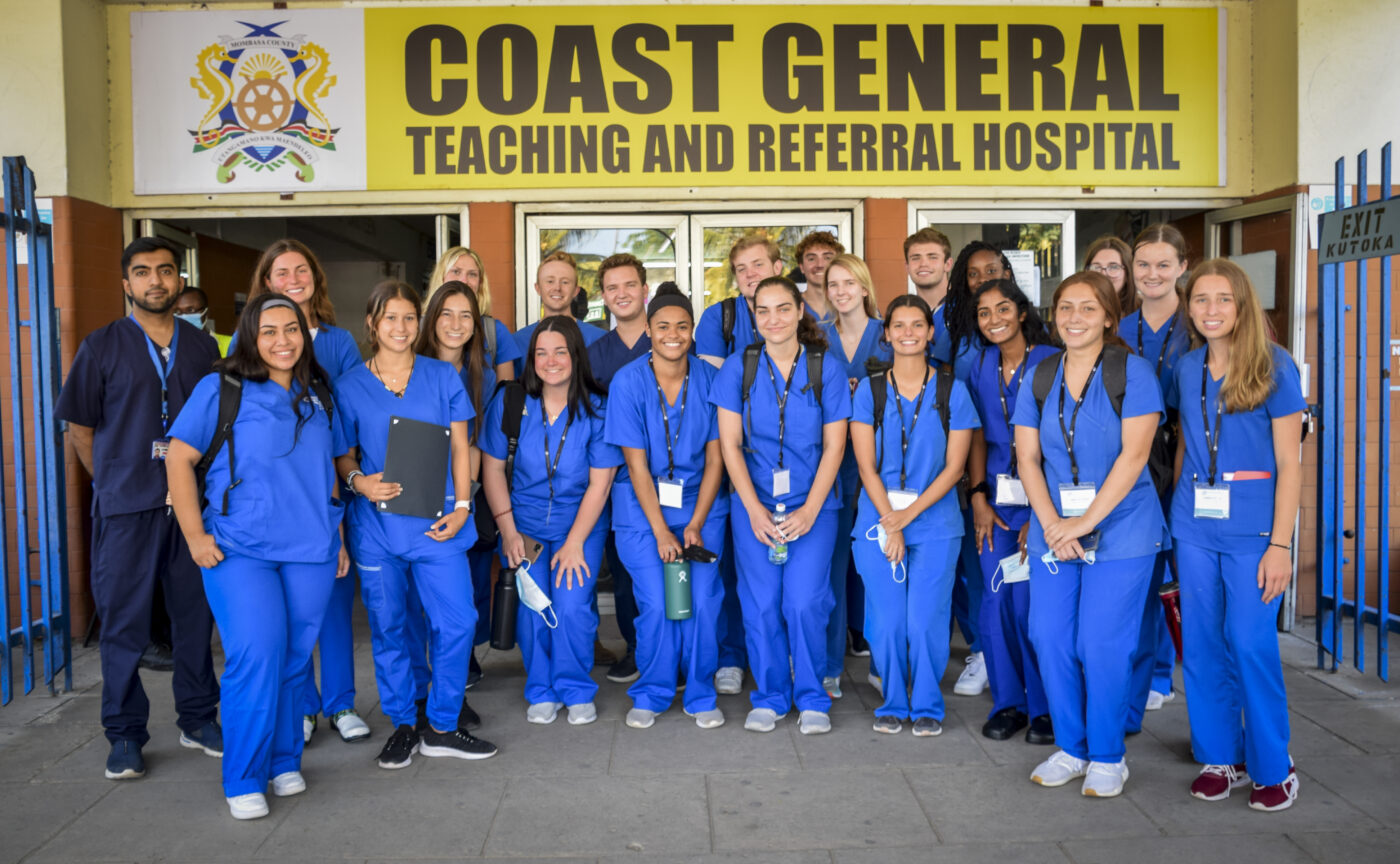With so many potential career paths in the broad public health field, it’s easy to feel overwhelmed trying to choose the right one. Fortunately, internships provide a fantastic way to get your feet wet—they let you test-drive different public health jobs first-hand. You get to build real skills, meet inspiring mentors, and figure out if you actually enjoy the day-to-day work.
Internships open doors that help you find a fulfilling public health career that fits your talents and passions. They cut through the confusion and give you real experiences to inform one of the biggest decisions of your professional life.
Exposure to Diverse Public Health Areas and Cultures
Since public health is such a vast, multi-disciplinary area of work, getting experience in different public health internships is helpful in guiding decisions. You may think you want a job focused on nutrition because you love health and fitness, but you’ll discover after interning that you enjoy working directly with communities more or that researching and analyzing epidemiological data is really your strength.
In a recent study involving environmental health students who completed internships in public health departments, most of the subjects were found to most likely pursue careers in environmental or public health. It’s safe to say that such enthusiasm didn’t come for naught as after their terms, the host departments provided employment opportunities to 30% of these interns.
That result is tied to the fact that internships ranging from health departments to international nonprofits allow you to truly test the specifics of roles. For example, interning with an NGO that promotes immunization allows you to witness global public health challenges in action while interning at a local hospital’s community health initiative sheds light on issues requiring grassroots action. The more diverse exposure through internships you get, the better idea you’ll develop of the perfect area for you.
Cultural diversity also plays a huge role here as it’ll benefit the organizations you’re interning with. Internships are an opportunity for you to provide a fresh perspective on how to address these different public health issues and become more productive as a whole unit. In fact, according to a recent study, ethnically diverse workplaces or organizations outperformed 35% of industry peers.
Developing Hard and Soft Skills
While exploring different public health practice settings, internships also enable you to proactively build both hard and soft skills used extensively in the field. These may include communicating persuasively, thinking critically, analyzing quantitative and qualitative data, planning evidence-based programs, liaising between agencies and communities, and responding rapidly to health crises. Specific technical abilities, like surveying or policy research methodology, and fieldwork essentials, like cultural competence, are also advanced.
This hands-on skill-building during internships acts as a litmus test for what public health skills come naturally to you and which you excel in with some mentoring. It also prepares you well for full-time positions by developing a versatile experience that many employers value highly.
Gaining Insights on Work Cultures
Public health organizations vary enormously in their work cultures, leadership styles, operational structures, and team dynamics despite having a common overall mission to protect community health. Some may thrive on ambitious goals yet encourage work-life balance, while others operate more hierarchically with a heads-down focus on output, no matter the hours. Internship experiences help you weigh these work culture factors that impact job satisfaction and fit your preferences.
For example, interning with both a local health department and a multinational NGO can showcase the contrast in workflows and work environments. While one internship may reveal the things you value most, like collaborative problem-solving and visibility for your efforts, another might highlight what drains you, like intense bureaucracy and constant urgencies. This helps steer your career choice towards organizations that align with your needs and goals.
Growing Your Network
Internships also provide proximity to public health professionals working directly in areas that intrigue you. Developing these connections often organically leads to impactful mentorships.
Conversations with your managers and team members can give you a wealth of advice—they can explain their journeys, the ups and downs of their jobs, the skills that proved useful, and so on. Internships essentially give you the perfect environment to expand your professional network, domestically or internationally, within the public health community.
Even if your internship responsibilities alone don’t give you enough exposure, networking with organization leaders, partners, allied agencies, etc., during internship events leads to more wisdom sources to learn from. These networks become invaluable as you chart your career as well by opening doors, alerting you to openings, lending references, and sometimes even job offers!
Professional Exploration Made Accessible
The best part about public health internships is they make professional exploration much more convenient than full-time employment.
While changing jobs to internally sample various roles can get tedious, lower-commitment internships ranging from a few weeks to months are easier to secure. You have the flexibility to seek diverse public health internships based on seasonal availability and gain exposure to multiple organizations or practice areas in a year. Time-bound internships also encourage you to maximize learning and growth within those periods.
With many internships specifically targeting students, recent graduates, and career changers, public health internships are designed for them to impart their professional essence without assuming years of qualification and only based on one’s core competency. This is an excellent way to develop your medical prowess and allows anyone genuinely curious about public health practice exposure to it without concerns of inadequate expertise.
Final Thoughts
As today’s public health landscape is interconnected with numerous issues and evolving roles, it’s unrealistic to expect absolute certainty early on about committing years of work to specific problems or settings.
But if you check out internships for public health majors, you’ll see how these programs fill this career discernment gap by serving up bite-sized yet holistic real-world glimpses across the extensive public health terrain. They allow you to test abilities, analyze alignments in values, and determine knowledge and skill gaps before making long-term degree and job investments.




